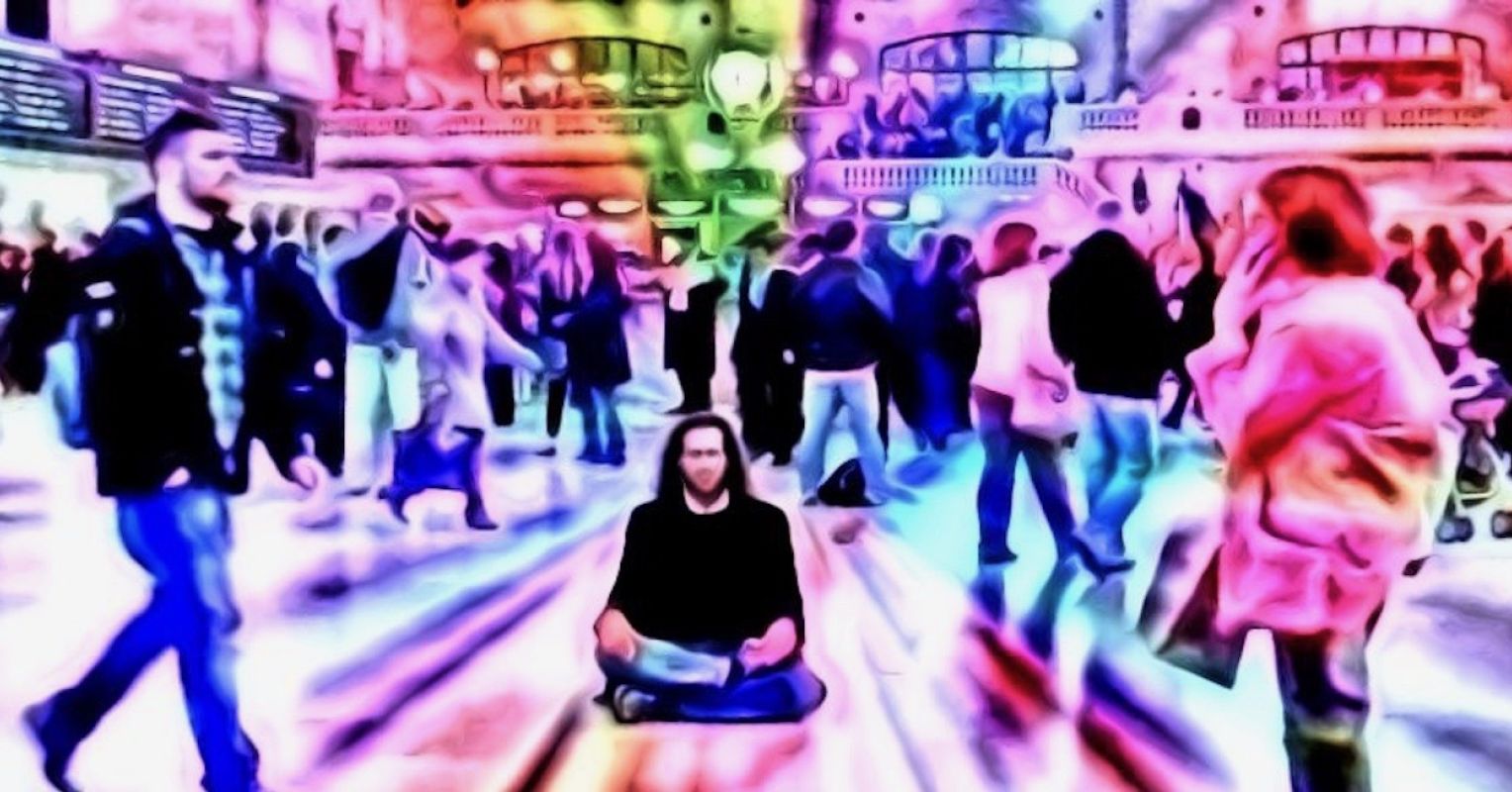
"In Mahayana Buddhism, sunyata - often translated as "emptiness" - doesn't mean that nothing matters. It means nothing exists with a permanent essence. Everything is constantly changing and without fixed self-nature. Seeing through the illusion of an enduring, separate self can be liberating."
"Sartre described nothingness - le néant - as the space at the heart of consciousness. Nothing is predetermined; "existence precedes essence," meaning that we create our "selves" (identities) through our choices."
The journey to enlightenment may begin with accepting one's own insignificance. Anxiety and depression often stem from the pressure to feel important. Three viewpoints—Buddhist sunyata, Sartre's nothingness, and Lacan's subjective destitution—challenge self-importance and promote freedom. Contemporary culture equates visibility with worth, but seeking admiration leads to negative emotions. Recognizing that identity is fluid can foster openness and compassion. Buddhism's concept of emptiness reveals the lack of a permanent essence, while Sartre's nothingness underscores the freedom in creating one's identity through choices.
Read at Psychology Today
Unable to calculate read time
Collection
[
|
...
]